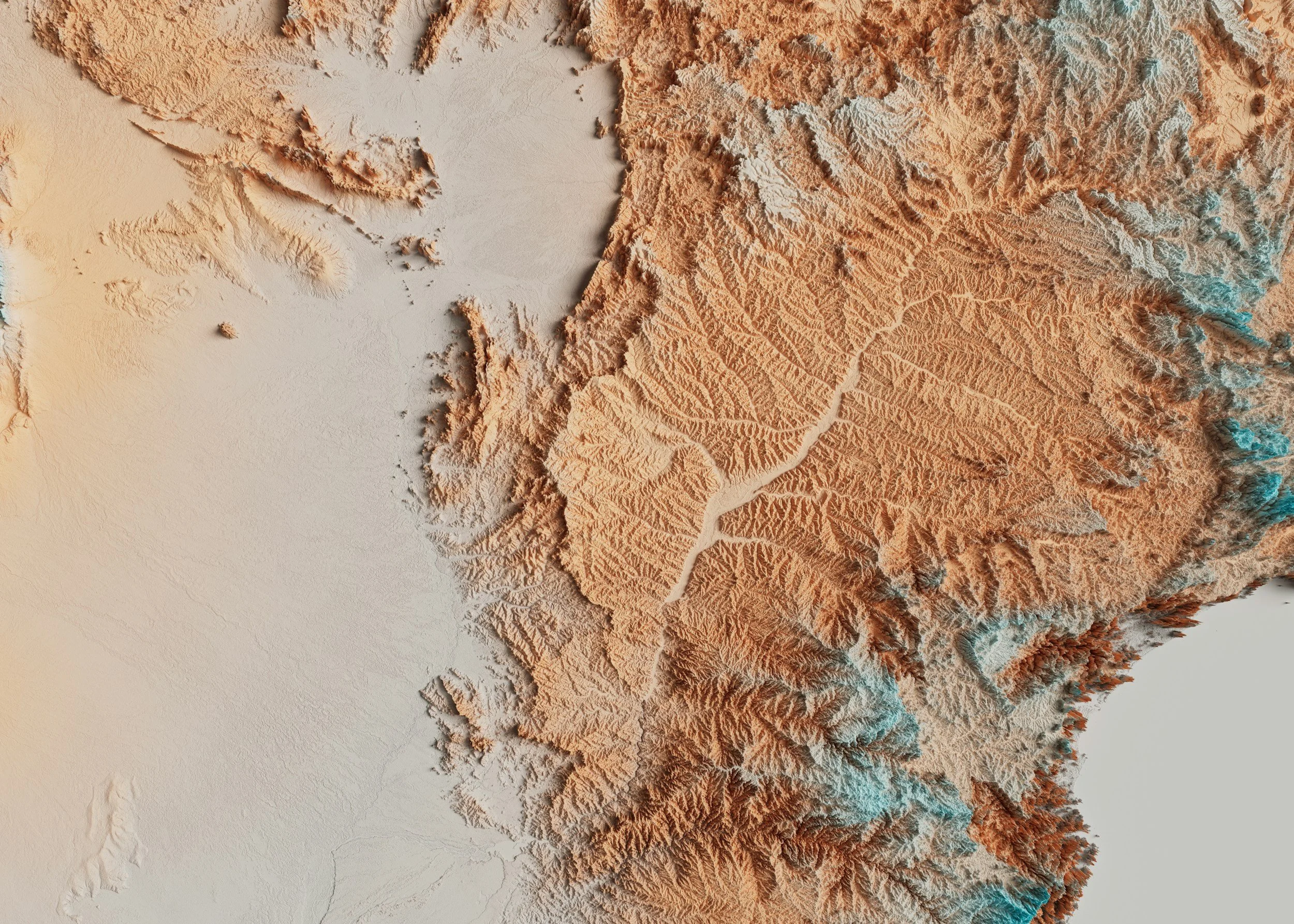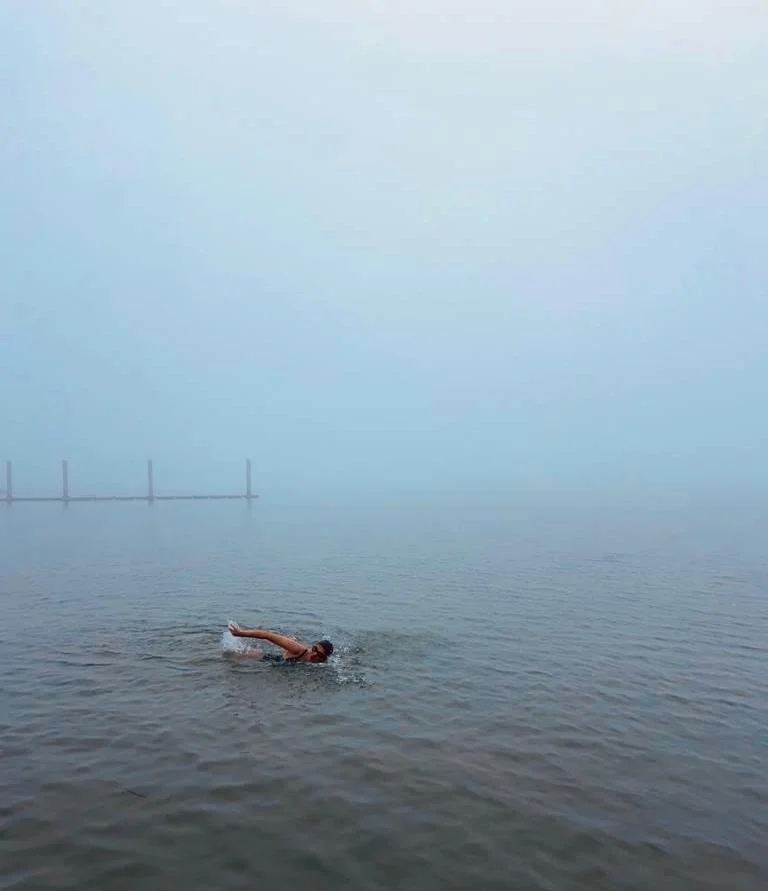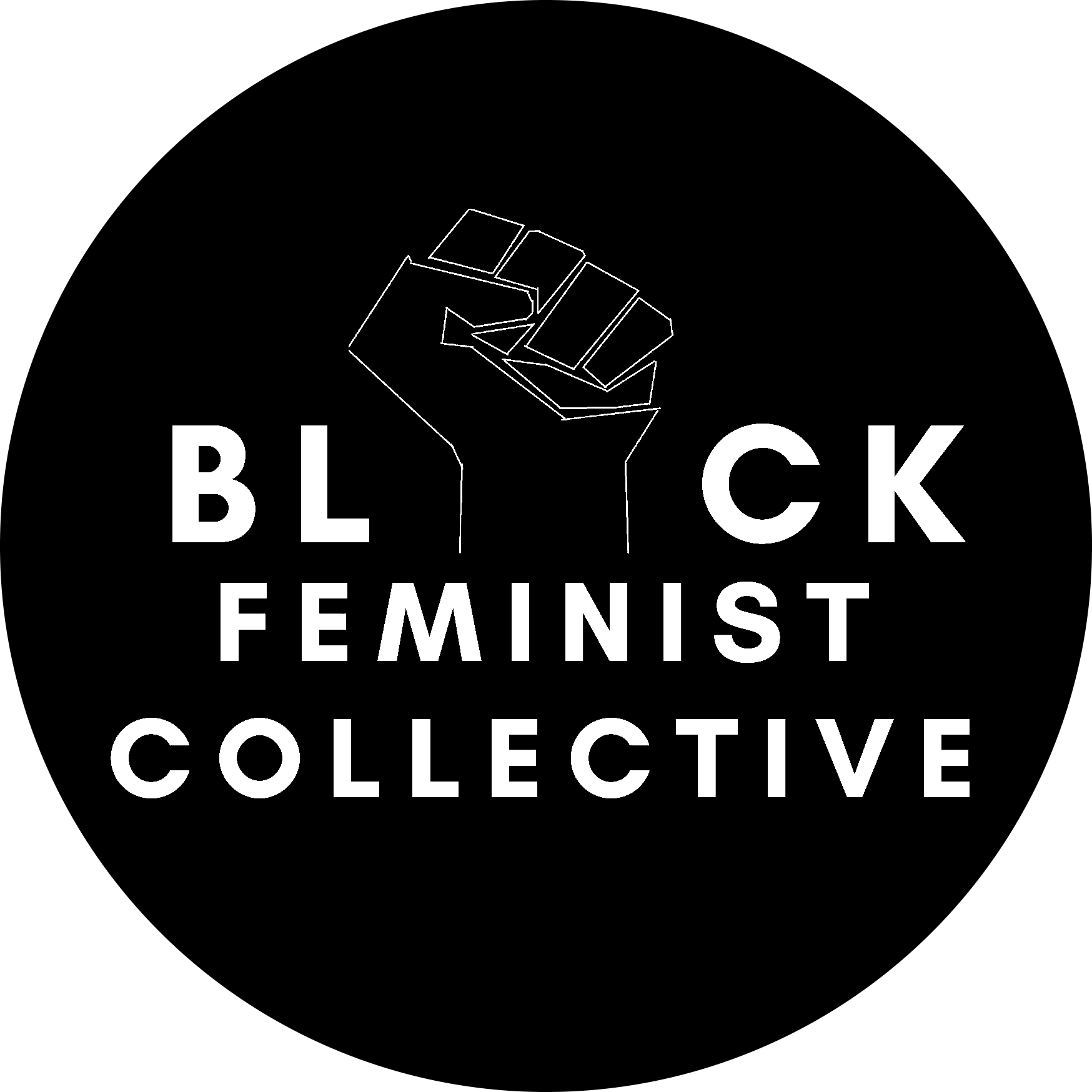From Manifesto to Collective Praxis: Towards Critical-Feminist and Justice-Centered Epistemic Futures in Science Education
the manifesto
“Feminist science education is not a new endeavor but part of a long-standing intergenerational struggle against exclusion, marginalization, and epistemic violence within science and science education institutions and practices.”
“This special theme calls for a radical reimagining of science education through feminist praxis that is intersectional, transdisciplinary, and transnational.”
“We advocate for science education that foregrounds relational ethics, joy, and critical consciousness, and that supports students and educators in becoming agents of collective social transformation.”
“This is a call for the unconventional, the daring, and the transformative, a call for work that refuses to be pigeonholed, a call for work that is brave.”
the call for papers
Feminist science education has long pushed back against the patriarchal, colonial, and neoliberal forces that shape who gets to participate in science and whose knowledge counts. Building on this legacy and our manifesto, this special theme calls for intersectional, transdisciplinary, and transnational feminist praxis rooted in care, joy, critical consciousness, and collective world-building.
Despite decades of work, science education continues to reproduce inequities, silence dissent, and demand assimilation. In this moment of backlash and precarity, feminist refusal and epistemic disobedience are essential. We ask what science education can become when shaped by community, agency, and justice—not compliance.
This theme creates space for bold feminist scholarship that centers care, collectivity, kin-making, everyday “little justices,” creative methods, joy, and transnational solidarity. Together, we aim to reimagine science education toward more just, inclusive, and imaginative futures.
Topics for this call for papers include but are not restricted to:
Research centering care, collectivity, community, relations, and co-construction of knowledge in science education spaces
Pedagogies cultivating joy, critical consciousness, and collective social transformation in science classrooms
Epistemic disobedience and feminist refusal as strategies to disrupt dominant science education norms and practices
Desire-based and non-extractive research approaches that move beyond damage frameworks toward strength, resistance, and hope
Dialogues and practices that elevate “little justices” and ethical encounters in science learning environments
Feminist, queer, Indigenous, and decolonial interventions that reimagine what counts as science and who counts as a knower
Creative, speculative, and unconventional methodologies that expand forms of feminist science education scholarship
…and more topics that push, trouble, or expand what feminist science education can do and become.
join the special theme drop-in office hours
We are delighted to invite you to the office ours of the upcoming special theme for Critical-Feminist Science Education, featured in Science Education (Wiley). To make it possible for colleagues from around the world to join the conversations and community, we will host drop-in office hours in different timezones:
Drop-in office hours Americas
Dec 10, 6pm ET
Drop-in office hours Oceania and Asia
TBA
Drop-in office hours Eurasia and Africa
every Wednesday 5-6pm CET
(until January 28).
FAQs
-
Absolutely! Please join our office hours (information above) to talk to the co-guest-editors or send an email to the whole group (feministmanifestoscienceed@gmail.com) or the corresponding author Katerina (katerina.gunter@umu.se) to set up a meeting with us.
-
We begin accepting manuscripts for this special theme within the Critical Perspectives in Science Education Section of Science Education on November 1, 2025 and continue to accept manuscripts into the theme until May 1, 2026.
Please note: Beyond that we will continue the conversation as part of the on-going work of the section Critical Perspectives in Science Education in the journal Science Education.
-
We welcome theoretical, empirical, and creative submissions that push boundaries in science education research and practice. Alongside traditional articles, we encourage collaborative and experimental formats such as autoethnography, speculative or poetic inquiry, and art-based scholarship that challenge conventional methodologies and representations of science. We are also working within the constraints of publishing with Wiley which include restrictions on possible article formats, limited possibilities of multimedia contributions and e.g. art-based work and creative methodologies. We therefore encourage the community to embed their work in the format that is possible for Wiley to publish.
One example of what is possible is this piece by Mindy J. Chappell and Maria Varelas here.
-
We do not require abstracts but can support you in the process of developing your ideas and gauging if this special theme could be a good fit for your work.
Please find Science Education’s author guidelines here.
-
You find the call for contributions and a link to the submission page here:
Science Education Call for Papers From Manifesto to Collective Praxis: Towards Critical-Feminist and Justice-Centered Epistemic Futures in Science Education. -
We aim for a timeline from submission to publication of four months.
-
All submissions undergo a double-blind peer review and each manuscript is reviewed by two to three independent reviewers, one of whom is a member of the Guest Editorial Team with expertise in the theme area. The review process follows the same rigorous standards as regular submissions, with final decisions made in consultation with the lead guest editor and the journal’s editorial leadership.
-
This special theme will include work that speaks to and moves beyond the themes proposed in the manifesto, engaging feminist scholarship and praxis in genuine, grounded and non-tokenizing ways. We’re looking for pieces that are in true dialogue with feminist thought and work that doesn’t just reference feminism but lives it through its questions, methods, and collaborations. This might mean community-based or creative approaches, collective writing, or interventions that blur boundaries between research, activism, and art. Not everything needs to be a traditional journal article; what matters most is that the work contributes meaningfully to critical-feminist conversations, pushing ideas and practices forward with care, rigor, and imagination.
an invitation to be epistemically disobedient
Epistemic disobedience means daring to de-link from the dominant politics of knowledge, asking who produces knowledge, why, when and where, and instead imagining science and education rooted in justice, multiplicity and freedom.
Mignolo, 2009
Elena Vasiliou reflecting on epistemic disobedience at ESERA 2025
amazing | inspiring | badass initiatives
follow us on social media
meet the team
-

Prof. Sara Tolbert Monash University Australia
LEAD GUEST EDITOR
-
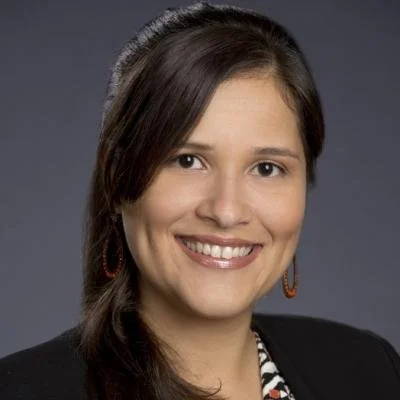
Prof. Tatiane Russo-Tait University of Georgia United States
CO-GUEST EDITOR
-
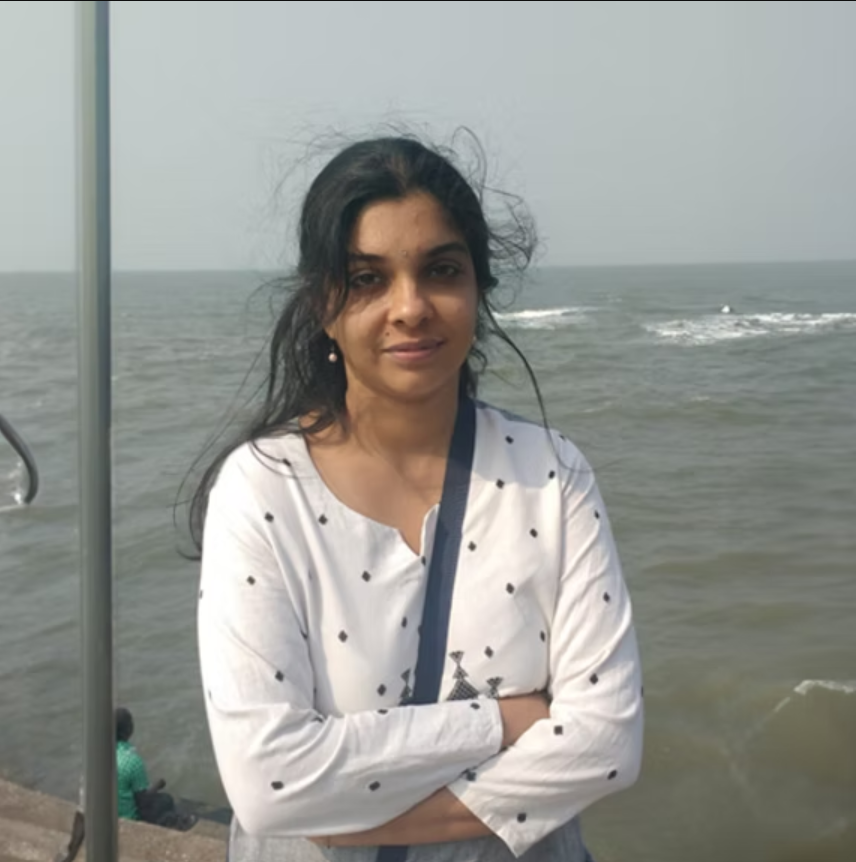
Dr. Aswathy Raveendran Homi Bhabha Centre for Science Education, TIFR India
CO-GUEST EDITOR
-
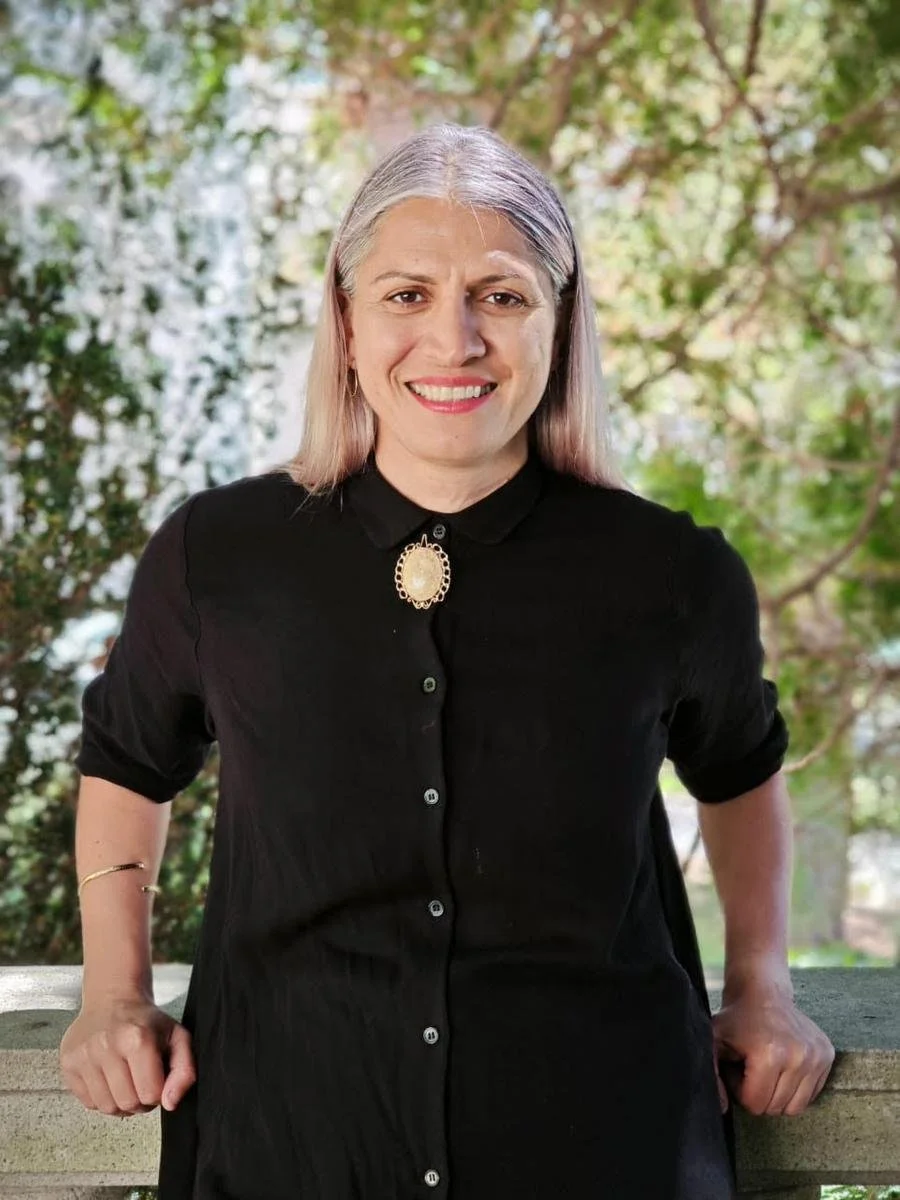
Dr. Elena Vasiliou University of Bath United Kingdom
CO-GUEST EDITOR
-

Prof. Sarah El Halwany Université de l'Ontario Français Canada
CO-GUEST EDITOR
-

Dr. Rie Hjørnegaard Malm University of Southern Denmark Denmark
CO-GUEST EDITOR
-

Dr. Katerina Pia Günter Umeå University Sweden
CO-GUEST EDITOR

